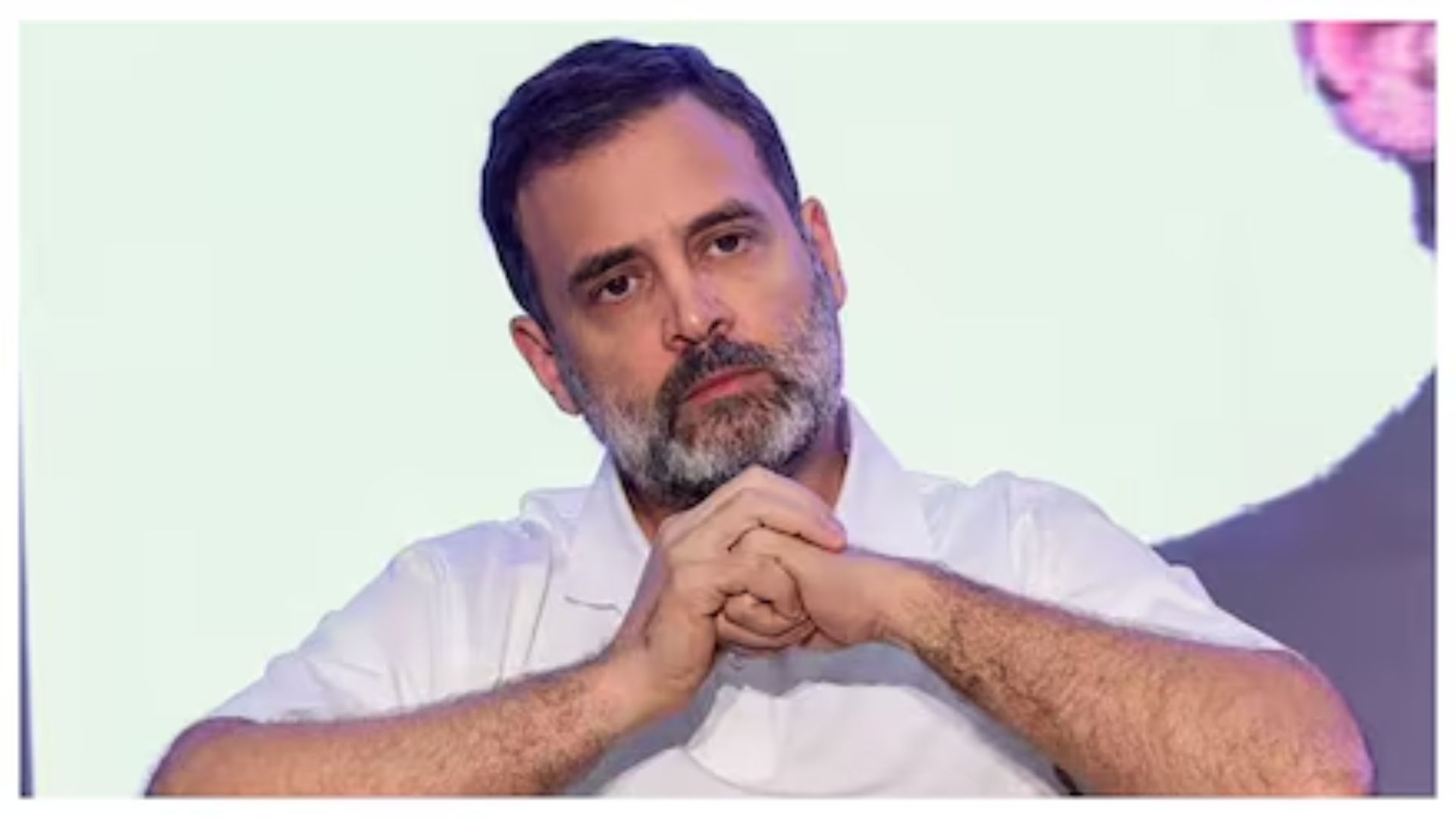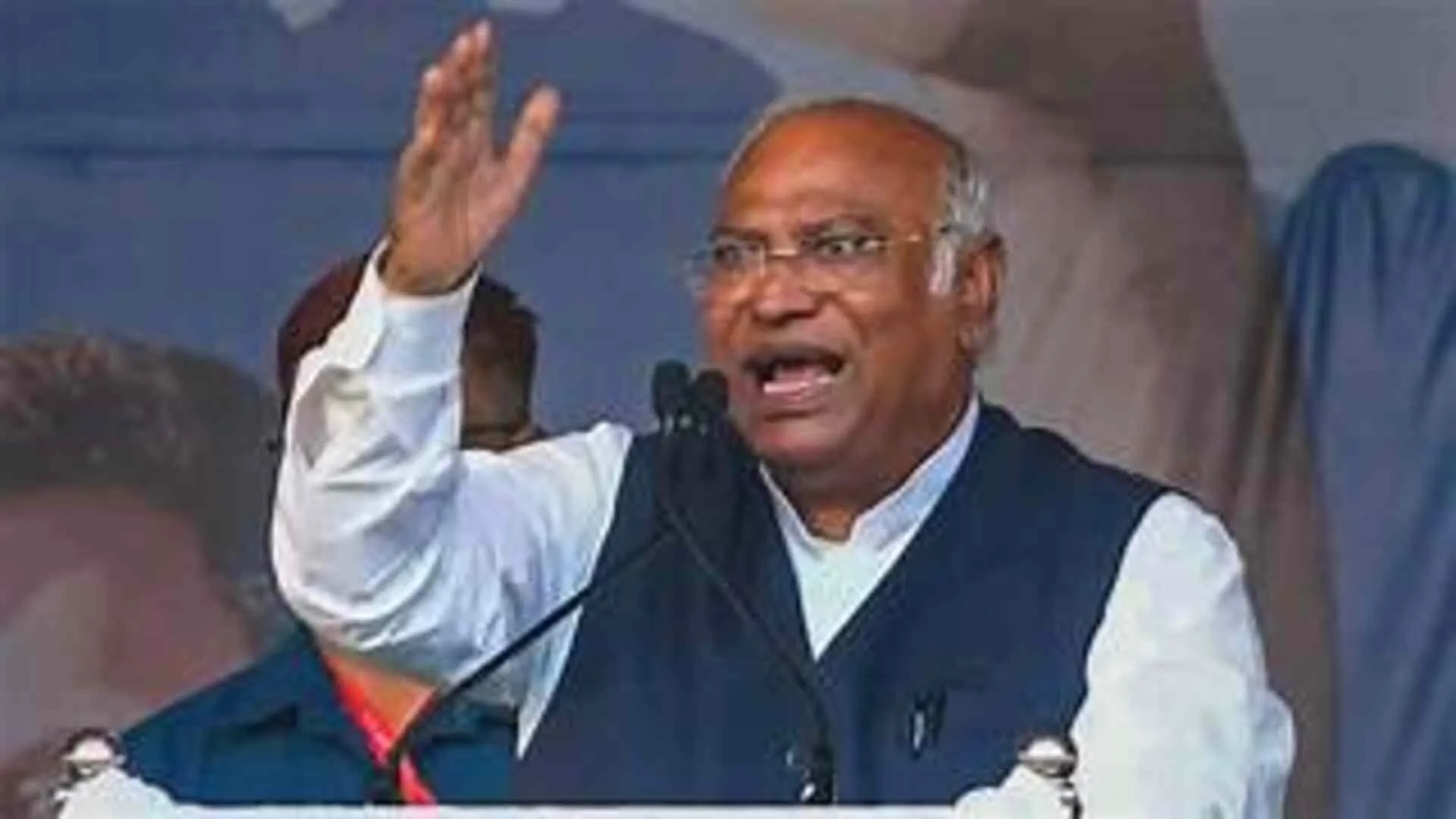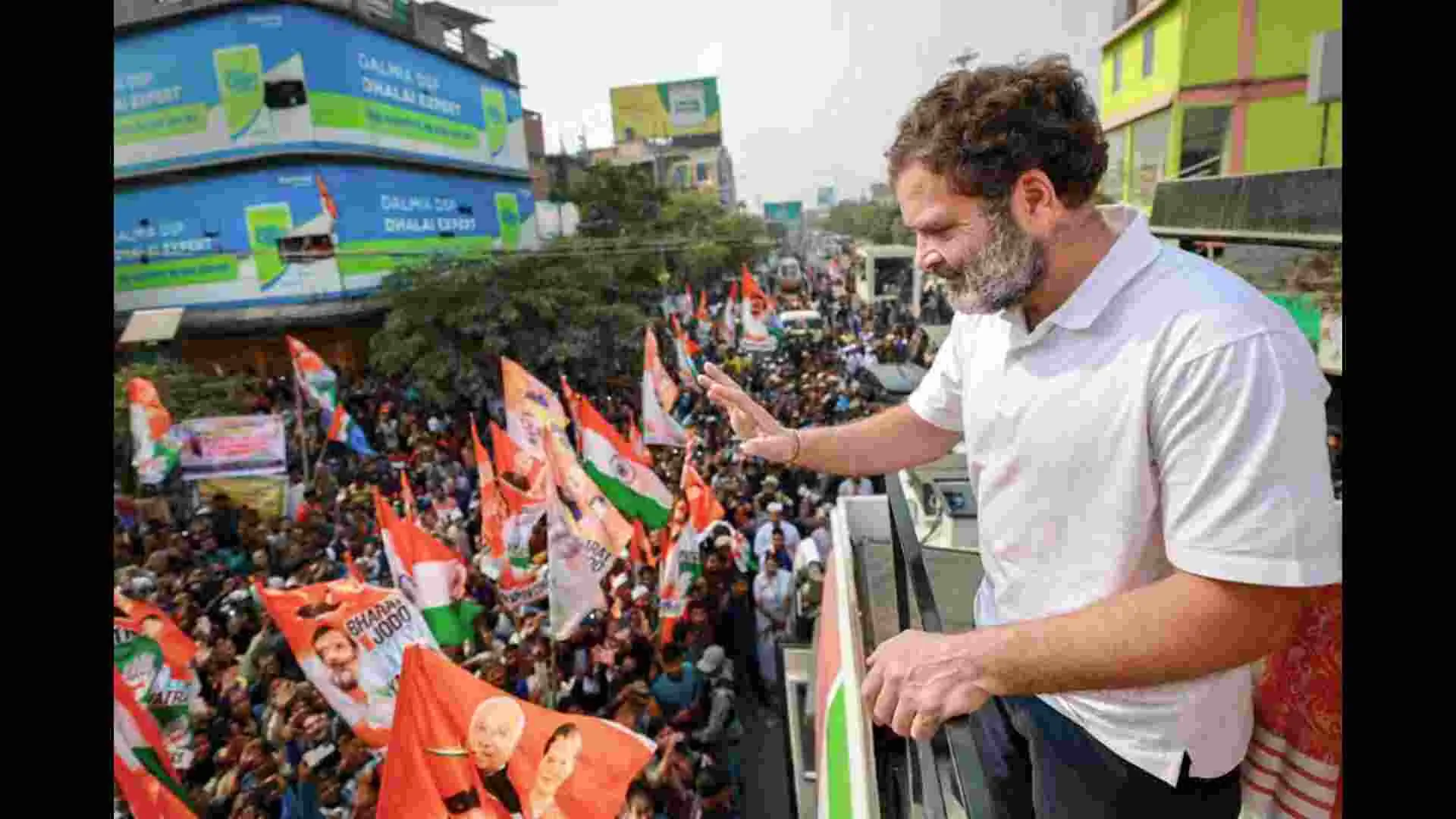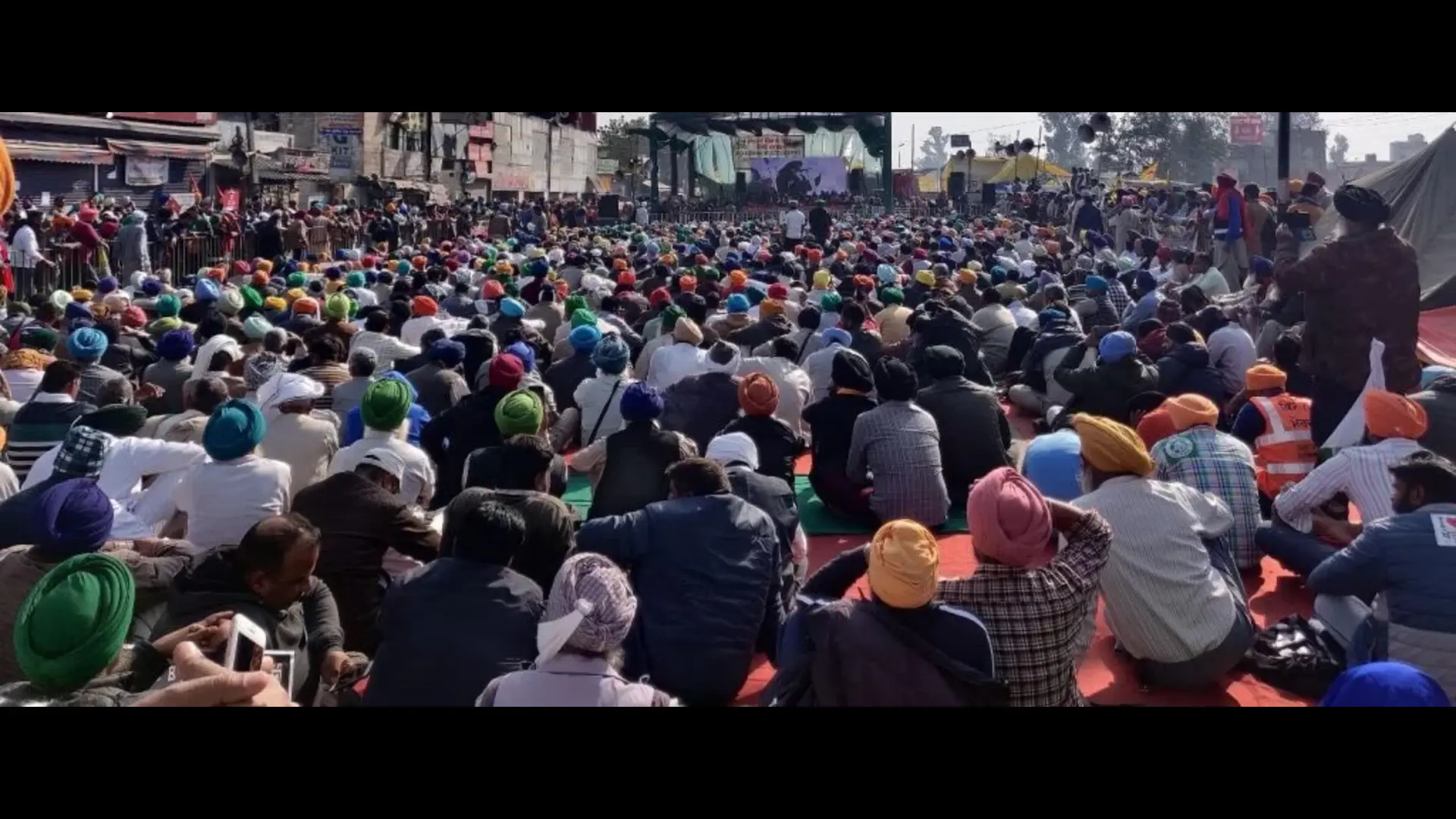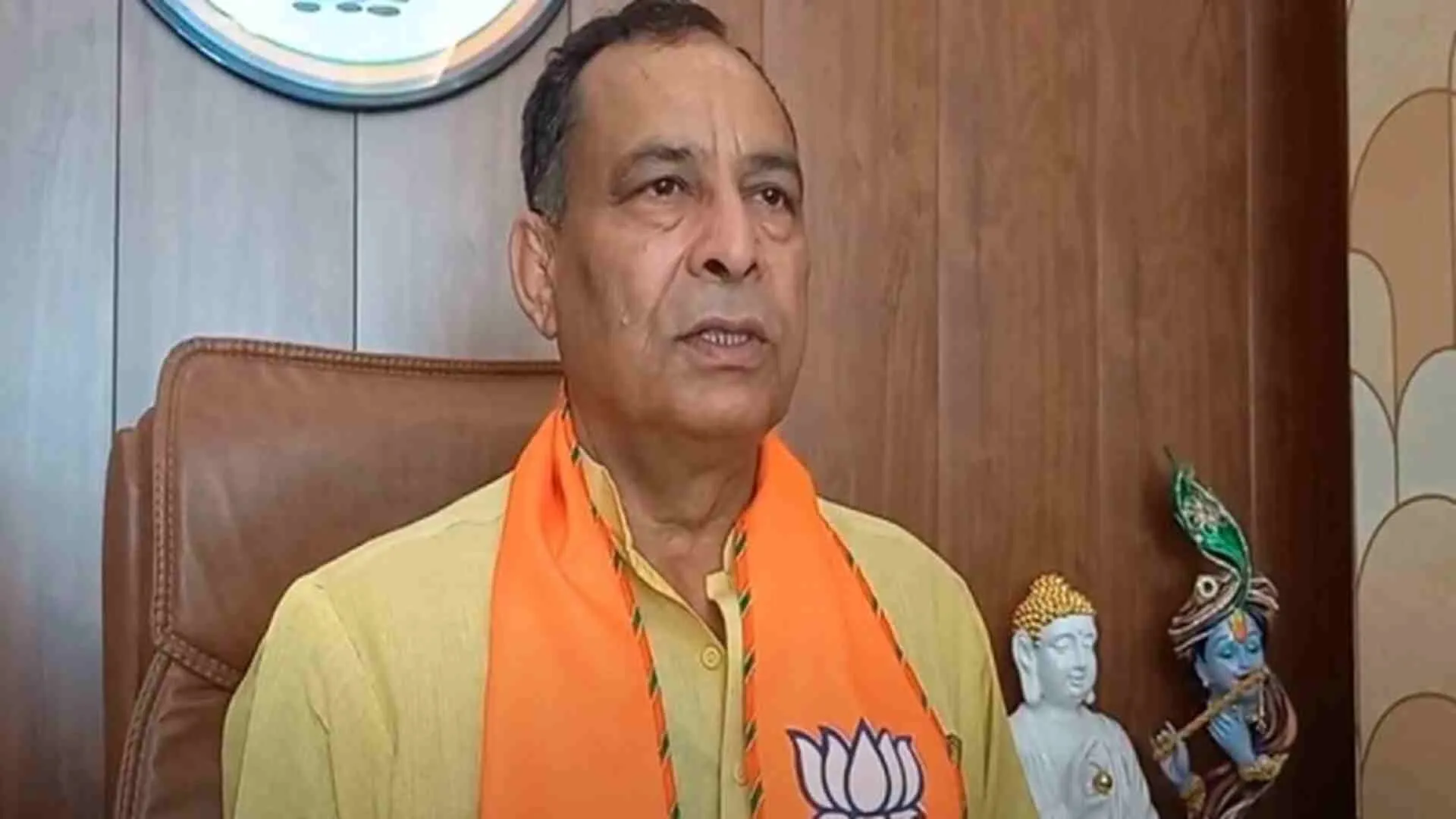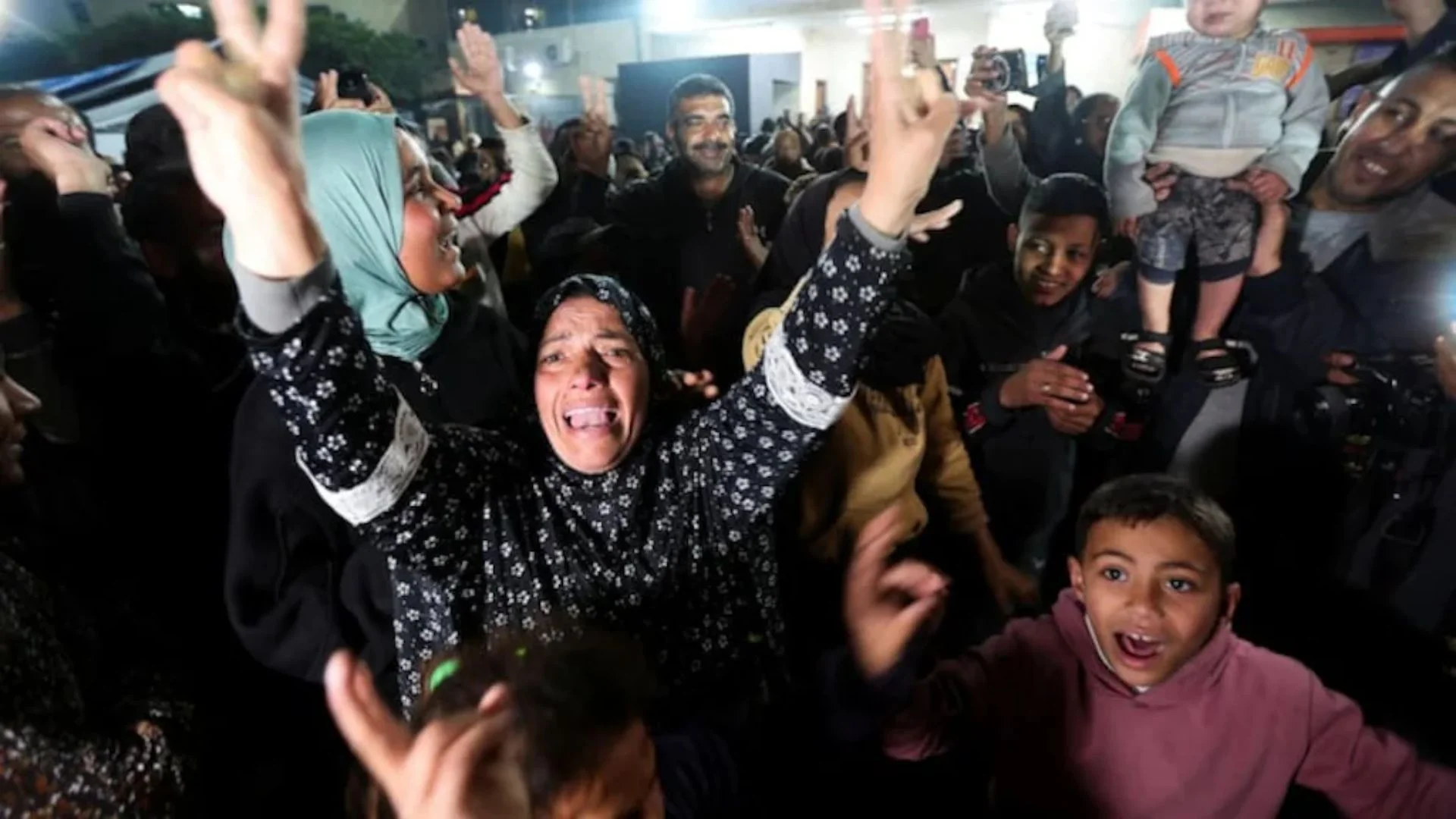Rahul Gandhi’s U.S. trip, framed as an extension of his domestic political campaign, is stirring controversy both abroad and in India. The Congress leader’s visit has already given the BJP ample ammunition for criticism, following a series of controversial statements and actions.
During his trip, Rahul Gandhi addressed various audiences, including students at Georgetown University, Indian diaspora in Virginia, and American lawmakers in Washington DC. His itinerary, organized by Sam Pitroda of the Indian Overseas Congress, was intended to enhance his intellectual image and connect with Western audiences. However, his remarks have drawn significant backlash.
Rahul’s comments included critiques of India’s democracy, electoral process, and institutional integrity. He accused the BJP of undermining the Constitution and capturing institutions, which has been perceived as unprofessional and misinformed, particularly given his role as the Leader of the Opposition. His remarks have been criticized for portraying India negatively on foreign soil without substantial evidence.
In addition to disparaging remarks about India’s democratic processes, Rahul’s comments on caste issues and social inequalities, delivered on U.S. soil, have been seen as counterproductive. His focus on caste-related issues and demands for a caste census, while resonant with some Indian voters, may alienate others and undermine India’s global image.
Furthermore, Rahul’s statements about Sikh issues, including unfounded claims that Sikhs in India would be prohibited from wearing turbans or attending Gurdwaras, have fueled separatist agendas and given credence to Khalistani propaganda. This, coupled with his meetings with controversial figures like Ilhan Omar, has raised concerns about the appropriateness of his engagements.
Rahul’s approach, which includes highlighting India’s internal issues to an international audience, appears to be a strategy to discredit the Modi government and rally support domestically. However, it risks exacerbating internal divisions and could harm India’s national security and global standing. While the Congress party hopes this strategy will position Rahul as a credible leader, it may inadvertently reinforce negative stereotypes and deepen existing fault lines in Indian society.

